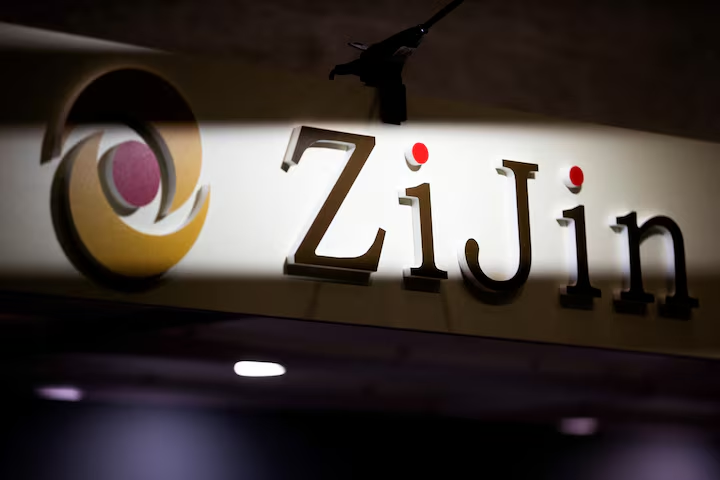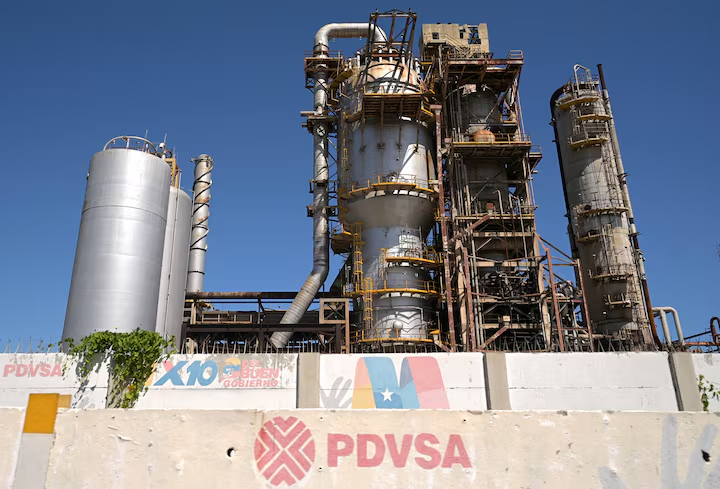The London Court of International Arbitration (LCIA) finds itself at a crossroads as it works to maintain its position as a premier forum for international dispute resolution amid rising competition from Dubai’s rapidly expanding arbitration centers. Recent reforms at the LCIA signal recognition that London can no longer take its historic dominance for granted in the evolving landscape of international arbitration.
The LCIA’s latest amendments to its procedural rules, coupled with a modernization of its technical infrastructure, represent its most significant overhaul in decades. These changes arrive as Dubai’s arbitration forums, particularly the Dubai International Arbitration Centre (DIAC) and the DIFC-LCIA Arbitration Centre, continue to attract an increasing share of international disputes, especially those involving Middle Eastern and Asian parties.
Central to the LCIA’s reform efforts is a new emphasis on expedited procedures, with streamlined processes for cases valued under £5 million. This move directly responds to criticism that London-based arbitration has become too costly and time-consuming compared to emerging alternatives. The LCIA has also enhanced its virtual hearing capabilities and digital case management systems, acknowledging that modern arbitration must embrace technological efficiency.
Dubai’s rise as an arbitration hub has been particularly noteworthy. The emirate’s strategic location between East and West, combined with aggressive investment in legal infrastructure and technology, has positioned it as a serious challenger to traditional arbitration centers. The merger of Dubai’s various arbitration centers into a unified DIAC in 2021 created a more streamlined and powerful institution that has been drawing cases that might previously have defaulted to London.
The numbers tell a compelling story. While the LCIA still handles more total cases annually, Dubai’s share of international arbitrations has grown by approximately 25% year-over-year since 2020. Particularly significant is Dubai’s increasing dominance in disputes involving energy sector contracts and Islamic finance arrangements, areas where London once held unquestioned authority.
Cost considerations play a crucial role in this shifting landscape. Dubai’s arbitration centers typically offer more competitive fee structures than the LCIA, and the overall cost of conducting proceedings in Dubai can be substantially lower than in London. This cost advantage becomes particularly significant in mid-sized disputes where the expenses of London-based arbitration might represent a disproportionate share of the amount in controversy.
The LCIA has responded to this challenge by introducing more flexible fee arrangements and developing specialized panels for different types of disputes. The institution has also strengthened its Middle Eastern expertise, adding more arbitrators with regional experience and knowledge of Islamic finance principles to its roster. These moves reflect an understanding that maintaining London’s position requires adapting to the changing geography of international commerce.
However, the LCIA retains significant advantages. London’s well-established legal infrastructure, the predictability of English law, and the British courts’ long history of supporting arbitration continue to attract complex, high-value disputes. The city’s deep pool of legal talent and auxiliary services also provides a level of support that newer arbitration centers still struggle to match.
Yet these traditional strengths may not be enough to stem the tide of change. Dubai’s arbitration forums have been particularly successful in attracting disputes involving emerging technologies and digital commerce, areas where their newer, more technologically integrated systems may offer advantages over London’s more traditional approach. The DIAC has also been proactive in developing expertise in cryptocurrency and blockchain-related disputes, positioning itself at the forefront of these growing areas of controversy.
The competition between London and Dubai reflects broader changes in global commerce. As economic power continues to shift eastward, dispute resolution is following suit. The LCIA’s reforms acknowledge this reality while attempting to preserve London’s historic strengths. The institution’s challenge lies in modernizing without sacrificing the predictability and reliability that have long made it attractive to international parties.
For practitioners and parties considering arbitration clauses, these developments offer both opportunities and complications. The choice between London and Dubai now requires careful consideration of factors beyond traditional concerns about enforceability and legal precedent. Issues such as technological capability, industry-specific expertise, and geographic convenience have become increasingly important in forum selection.
Looking ahead, the LCIA’s ability to maintain its position will likely depend on how successfully it can combine innovation with tradition. While Dubai’s rise appears unstoppable, London’s centuries of experience in commercial dispute resolution provide a foundation that newer centers cannot easily replicate. The key for the LCIA will be leveraging these advantages while continuing to adapt to changing commercial realities.
The evolving competition between these arbitration forums ultimately benefits users of international arbitration, driving innovation and efficiency improvements across all centers. As both London and Dubai continue to refine their offerings, the real winners may be the international business community, which now has access to more sophisticated and varied dispute resolution options than ever before.








